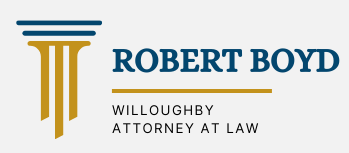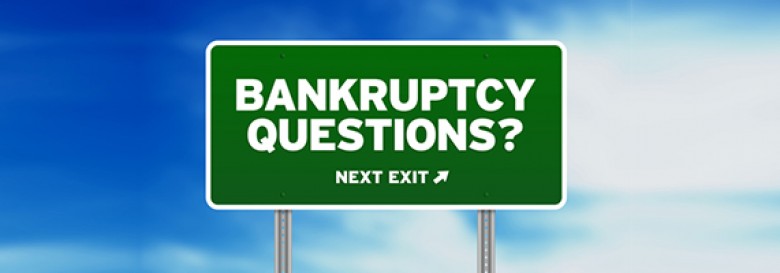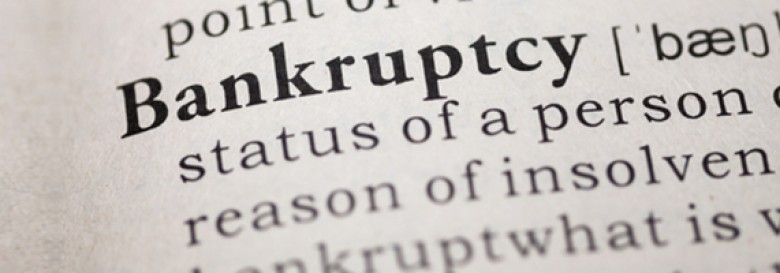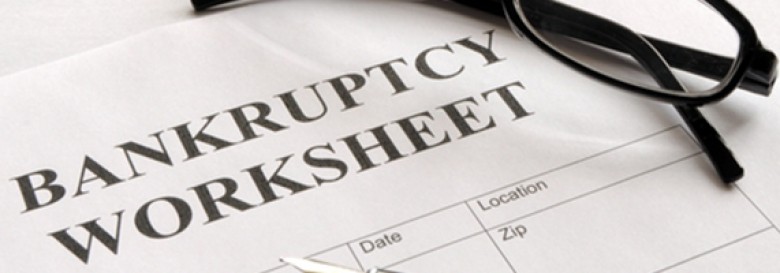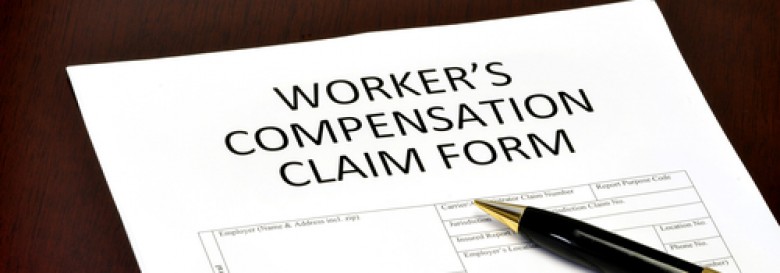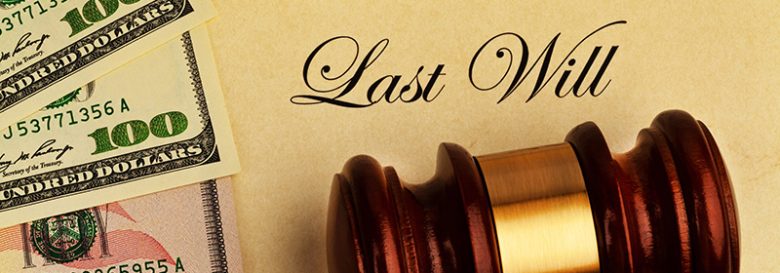Find the Right Bankruptcy Lawyer for You
The decision to file for bankruptcy is an important one, and if you do choose to file, the process can be long and complicated. The right bankruptcy attorney can greatly simplify the process for you and help you to make the best possible decision regarding your financial future. But how do you know which bankruptcy lawyer is the right one?
Here are some things to look for when choosing a bankruptcy attorney.
A Positive Personality. Financial matters are incredibly personal, but you need to be honest and upfront about your debt, income and obligations to get the best outcome from bankruptcy proceedings. That’s why it’s important that you find an attorney to whom you feel comfortable talking. Choosing someone who is approachable, personal and positive will help you feel at ease and be able to communicate freely.
A Good Communicator. Bankruptcy laws are very complex, but a good bankruptcy attorney should be able to explain them to you in a simple way that you can easily understand. Steer clear of attorneys who talk in fancy legal jargon or who can’t provide straightforward answers to your questions.
An Experienced Specialist. Some law firms handle only a small number of bankruptcy cases every year and may not have the expertise required if your case turns out to be complex. Select an attorney who specializes specifically in bankruptcy or who handles many bankruptcy cases on a regular basis to ensure you get someone who will be able to effectively represent you.
A Good Reputation. A qualified, reliable attorney should be a member of legal associations and be able to provide you with a list of references. While attorneys aren’t permitted to compromise their clients’ privacy, satisfied clients often will offer to serve as references after bankruptcy proceedings. You can also conduct an Internet search to look for reviews about particular attorneys.
Written Agreements. A reputable bankruptcy attorney should be willing to provide your agreement to you in writing and give you time to look over it without pressuring you to sign. Be wary of anyone who insists that you sign a document at a first meeting or who won’t spell out all of your agreement in a written document.
Straightforward fees. A bankruptcy attorney should fully outline his or her fees and let you know what’s included in them. For example, you need to know whether lien avoidance matters, disputes with trustees and non dischargeability actions are included in the fee structure and what other actions or services may result in additional fees.
With more than 25 years of experience as a bankruptcy specialist, I can help you navigate the bankruptcy process and will provide you with clear, expert advice in regards to your case. You’ll receive all of the terms of your agreement in writing and will be charged a fair price for service. To learn more about the debt relief agency and bankruptcy services provided by call me 440-230-3230 to schedule a free consultation.
